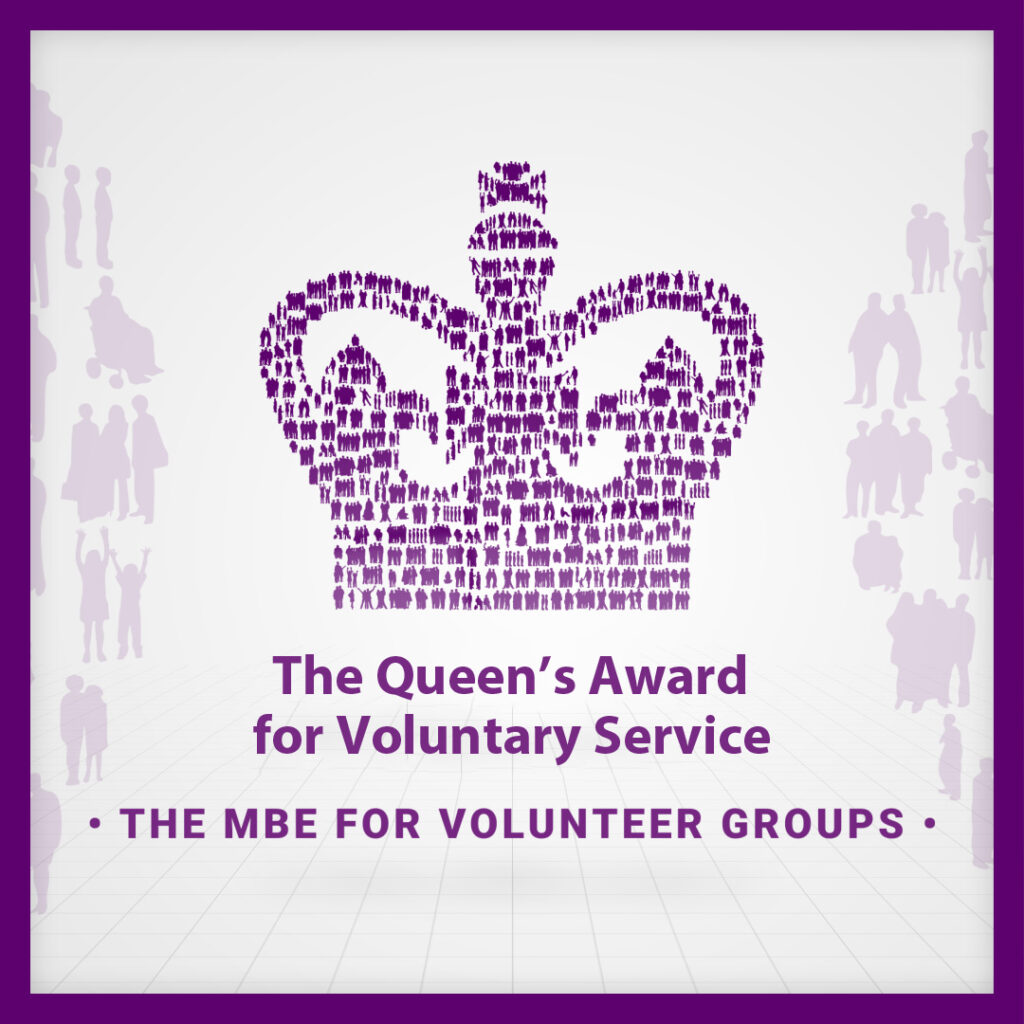Welcome! Are you ready to put your knowledge to the test?
Whether you’re looking to prove your expertise, review key takeaways from the conference, or are simply curious about science and healthcare, our quiz is the perfect opportunity to challenge yourself and expand your understanding. From general knowledge questions to in-depth healthcare information, this quiz is designed to examine your level of understanding and potentially highlight areas for further learning.
So, are you up for the challenge? Gather your thinking cap and let’s begin!





